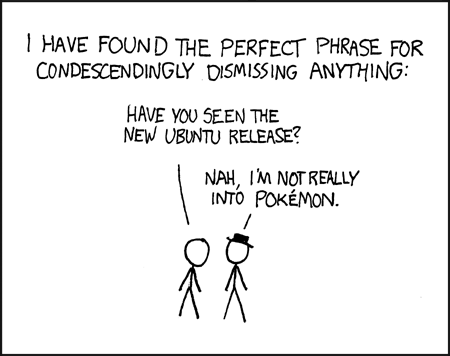A friend of mine, Johan Söderberg, has just been accepted as a Phd student in Science and Technology Studies at the University of Göteborg at the same time I am struggling to meet the final deadline for my Phd studies. It feels almost natural to indulge in a bit of advice giving to the new student. In part this advice is supposed to balance the stuff I have previously written on the subject such as this.
I dislike disclaimers but this post needs one. Following any advice, including this advice, is the same as entering into Phd studies. You do it at your own risk.
First Advice: Write down 10 things you want to achieve. Include ideas, expectations, dreams and hopes. Put the list into an envelope and do not open until you are halfway or two-thirds through your Phd period. Remember the things you write down should be seen as advice to your future self. Most probably you will be cynical and jaded to your own advice but take your list seriously when you read it.
Second Advice: If you have the inclination to blog â?? then do so. There are loads of arguments for (here) and against (here) academic blogging. Certain supervisors would view it as a waste of time and energy but I disagree. Any activity which involves the formulation and presentation of ideas is an important activity for a Phd.
Third Advice: Go international. As a Phd you are part of an international community (urgh I am so sick of that word). You may not understand the thesis of a Biochemist is about but you are both struggling with the production of text, supervisors, universities, conferences, journals and much more� Finding people who understand what you do is important. Unless they are also in academia, your friends and family will just think that you never left school and therefore are still immature and naïve.
Fourth Advice: Be helpful and friendly to your colleagues. I have NEVER understood the competitive side of some Phd students who attempt to suppress others. I will never understand the reason why certain people with Phdâ??s tend to forget the reality of the situation and bully Phd students. Picking on people who cannot fight back does not mean you are powerful. It means you are a weak human being.
Fifth Advice: Pick a cartoon. I donâ??t know why. Almost every Phd student I have come across has a cartoon. OK so I have not conducted serious applied empirical studies. The cartoon becomes an icon or a totem. Reading them as metaphysical representations of your daily life adds a new dimension. Calvin & Hobbes work well for this. Piled Higher and Deeper are an obvious choice â?? but that it never a bad thing.
Sixth Advice: Trust no one! Donâ??t believe anything anyone tells you about the Phd. It is an experience. You make the experience. Naturally you are affected by reality but how you choose to accept reality is up to you.
Seventh Advice: Question everything! Conducting research means questioning everything. Its like a return to childhood with the endless naïve questioning of accepted values. Yes it makes you a pain if you have to ask other people questions or tell them your results. But thatâ??s the point. Unquestioned doctrine is dead thought. Even if you arrive at the same conclusion as you did before you began to question then at least you have thought for yourself.
Eighth Advice: Go International 2. Beg, borrow or apply for grants. Travel to conferences and meet people who are smarter than you. Sitting within the confines of your own department is not going to broaden your horizons. You must read and relate to the works of others in your field outside your department if you are to be good at what you do. Relating to your own department may work in the short term.
Ninth Advice: Write! Write! Write! From the day you begin your Phd work. Write! Reading is important but donâ??t get stuck there. Donâ??t wait until you have read â??everythingâ?? or the next important book before starting. If you do not have text you cannot re-write. Keep a research diary if you like â?? this is not a blog â?? in it you write all your research thoughts and ideas. Do not read a book without writing your thoughts about the book (including references to the work and to others). You have no idea how helpful this will be.
Tenth Advice: Enjoy! If you do not enjoy what you do your text will reflect this. If your text reflects this then your thesis will not be interesting for the reader. If you do not enjoy what you do how are you ever going to find the energy to read all the texts, discuss them with others, write all your texts and beg others to discuss them with you?



